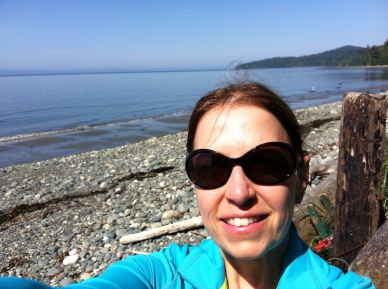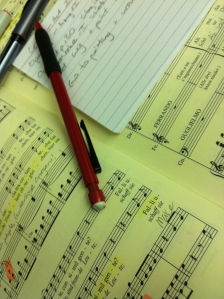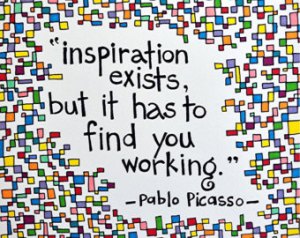I took a break from writing over the past three weeks. I love writing and sharing my thoughts on singing with you, but I also needed the time and the rest to focus on a performance project that culminated on May 24th.
Breaks are important. Short or long, they allow you the time to step back and refresh yourself so you can return with better work, ideas, and energy.
My performance project was an opera performance of Mozart’s opera Cosi fan tutte, put on by Fear No Opera, a local company for emerging artists. It was a really fun show with a wonderful cast and production team. We had just one show on May 24th. Many laughs were shared by both the cast and the audience.
Putting that much energy into one performance is extremely demanding – the week before the show particularly, is what’s known as ‘production week’. It is an all-consuming, rehearsals nearly every night, week; where the show grows and changes to prepare for the performance. The intensity required for this week is one of the reasons I took a break from writing.
When it comes to singing in general, consistent practice is good, but so are breaks. Consistent practice will help you add to your skill sets and open your voice. But breaks are necessary to create space for you to physically and mentally integrate what you have been learning.
Athletes don’t train the same way every day, they have rest days built into their training program. Singers should do the same.
Vary your own practice; where you practice, how you learn (not all practicing is singing), what you practice, and how you practice.
Variety will give your brain the constant stimulation it needs to learn your craft. Breaks will integrate that practice on a deeper level. In the summer of 2010, I participated in a five-week intensive singing program in Austria called the Franz-Schubert Institute. I was singing several hours per day, starting at 8:00 am and often not finishing until 10 pm. I made amazing friends, learned 26 new German lieder, and it took me 6 months to integrate what I learned there into my practice.
Immediately after that program, I didn’t sing for 4 weeks. But once I started again and reviewed what I had learned in there, I found that I hadn’t ‘forgotten’ a lot, simply because my body was processing that intensive learning.
As we approach the summer months (at least in North America), I encourage you to sing intensively, then take a break. If you normally take 30-minute lessons once a week, take 60 minute lessons for 4 weeks, then take a break. Write down your observations at the end of the intensive period of singing, then return to them after your break.
Let me know how it goes for you, or if you’ve taken a break from something and returned to it refreshed, share it in the comments below!









